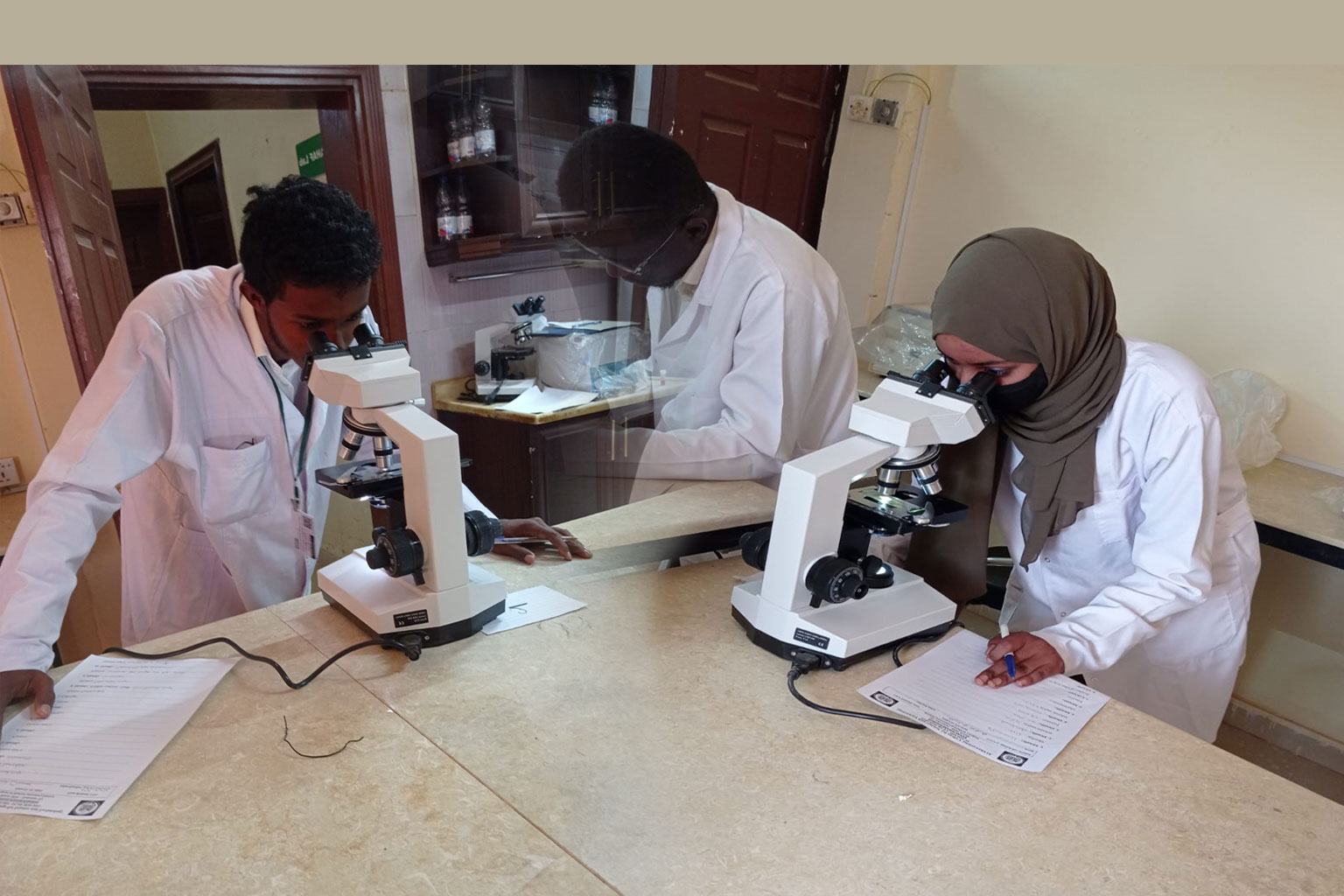- Preface
- The BSc (Honors) Medical Laboratory Science program at KCST was designed to
prepare cadre for direct employment in a medical laboratory field. The curriculum
was structured primarily as on-site requirements to offer students flexibility to get
their B.Sc. Degree on a full-time basis. The courses of the crriculum were
designated to provide student with the latest aspects of medical laboratory.
This curriculum is consisting of eight (8) semesters (Four years). The first six (6)
semesters are general for all students. The last two (2) semesters were designed for
specialization. Successful fulfillment of the curriculum leads to the award of B.Sc.
(Honors) MLS in one of the five displines (Medical Microbiology, Haematology
and immunohaematology, Clinical chemistry, Histopathology and Cytopathology
and Parasitology and Medical Entomology). The total number of credit hours for
completion of the MLS program is 164.
- Mission
- The mission is to educate and equip students with the knowledge, skills and
attitudes that are essential for a professional medical laboratory scientist.
- Objectives
- a) To graduate competent Medical Laboratory Scientists.
- b) To provide student with the necessary technical skills in all areas of MLS.
- c) To familiarize students with the proper clinical experience in all areas of
MLS.
- d) To develop in students the professional attitudes and ethics required of MLS.
- e) To provide the community served by the program with graduate Medical
laboratory scientists who can assume leadership roles as health professionals.
- Degree to be awarded
- By the end of this program successfully, the the student will be awarded B.Sc. (Honors) Medical Laboratory Science by the Academic Council, El Khawarizmy College for Science and Technology.
- Learning outcomes
By the end of this program, the graduate will be able to:
- a) Communicate effectively with patients, co-patients and team personnel.
- b) Apply scientific principles in learning new techniques and procedures.
- c) Collect clinical and non-clinical specimens.
- d) Processing and analyzing clinical and non-clinical specimens.
- e) Performing analytical tests on clinical and non-clinical specimens.
- f) Recognizing factors that affect procedures and results.
- g) Performing and monitoring quality assurance within predetermined limits.
- h) Performing preventive and corrective maintenance of equipment and instruments.
- i) Applying principles of safety.
- j) Relating laboratory findings to common disease processes.

